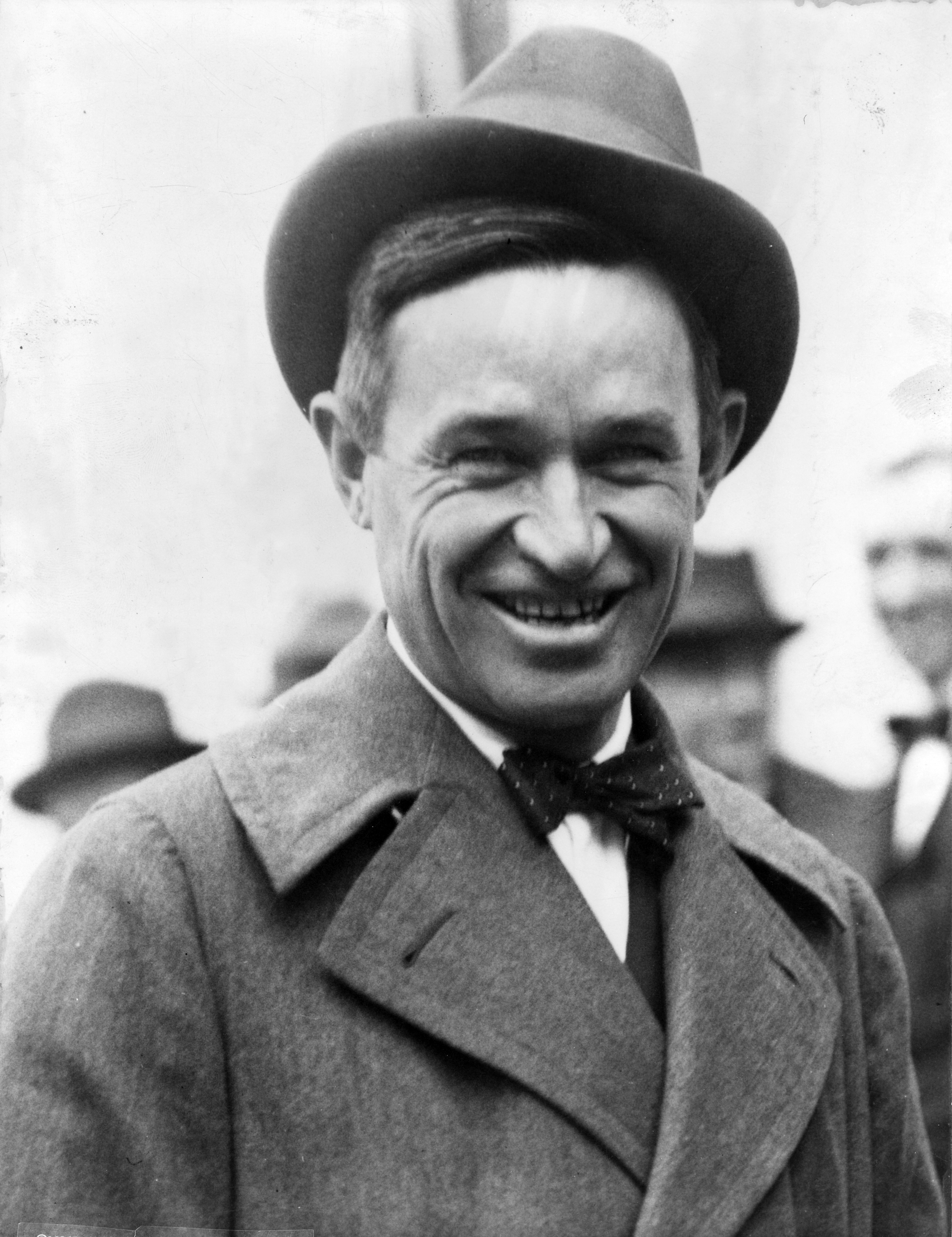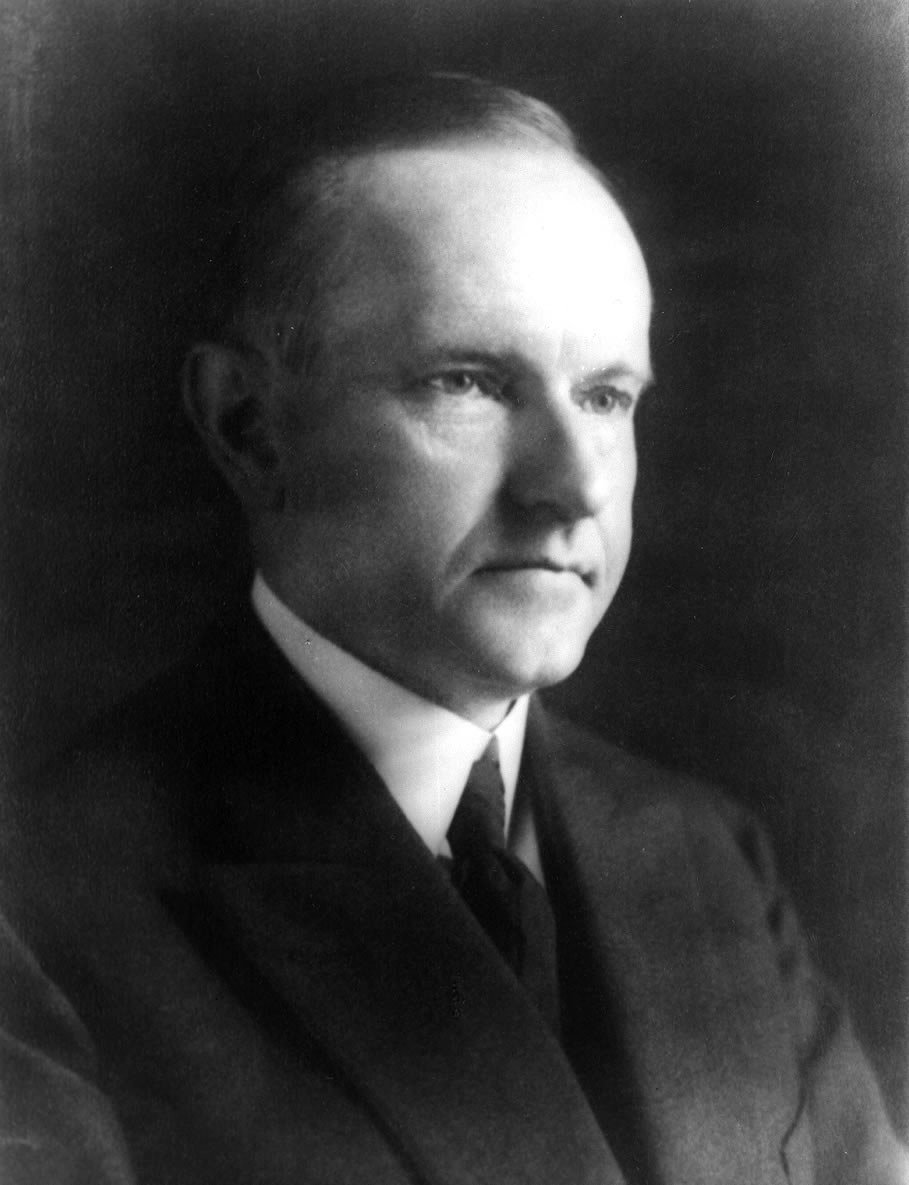
Recently the New York Times ran this headline:
Administration Is Open to Taxing Health Benefits
prompting this from Michelle Malkin:
To which one naturally responds: What isn’t the Administration open to taxing?
A society with any real freedom requires a culture supporting personal responsibility, and such a society will naturally be suspicious of politicians, for the latter make their living by enticing people to think that they can accumulate treasures without working for them and tat their neighbors will always be forced to bail them out from the consequences of their most reckless and foolish actions.
The acerbic iconoclast H. L. Mencken entertained no illusions about taxation and politicians:
“When a new source of taxation is found it never means, in practice, that an old source is abandoned. It merely means that the politicians have two ways of milking the taxpayer where they had only one before.”
We would all do well never to forget John Marshall‘s austere assessment:
The power to tax involves the power to destroy.
Vladimir Lenin, who thought on the grand scale, agreed with Marshall:
The way to crush the bourgeoisie is to grind them between the millstones of taxation and inflation.

It’s one of those rare items on which Lenin and Western liberals agreed. Calvin Coolidge, legendary for his reticence, practically ran off at the mouth on the subject:
The collection of taxes which are not absolutely required, which do not beyond reasonable doubt contribute to the public welfare, is only a species of legalized larceny. The wise and correct course to follow in taxation is not to destroy those who have already secured success, but to create conditions under which everyone will have a better chance to be successful. . . . No matter what anyone may say about making the rich and the corporations pay taxes, in the end they come out of the people who toil. . . . Collecting more taxes than is absolutely necessary is legalized robbery.
Coolidge’s observation that ordinary people actually pay the taxes levied on corporations and the rich is a particularly important and too-often-overlooked truth.
Certainly the average individual in the street is at least vaguely aware of the unnecessary complexity of our system of taxation. Dave Barry describes it well:
As a taxpayer, you are required to be fully in compliance with the United States Tax Code, which is currently the size and weight of the Budweiser Clydesdales.
Steve Forbes, who has millions more reasons than I do to fear the IRS, echoed Barry:
“The Declaration of Independence, the words that launched our nation: 1,300 words. The Bible, the word of God: 773,000 words. The Tax Code, the words of politicians: 7,000,000 words—and growing!”

Ronald Reagan likewise found our tax system absurd:
“I just wanted to speak to you about something from the Internal Revenue Code. It is the last sentence of section 509A of the Code and it reads: ‘For purposes of paragraph 3, an organization described in paragraph 2 shall be deemed to include an organization described in section 501C-4, -5, or -6, which would be described in paragraph 2 if it were an organization described in section 501C-3.’ And that’s just one sentence out of those fifty-seven feet of books.”
 Leave it to Mark Twain to sum it all up smartly:
Leave it to Mark Twain to sum it all up smartly:
“What is the difference between a taxidermist and a tax collector? The taxidermist takes only your skin.”
So, what will they tax next? As the biker gangster played by Marlon Brando famously said in The Wild One, “What have you got?”
Perhaps Monty Python’s Flying Circus has already identified the next thing to be taxed (note: video clip includes some nudity):
